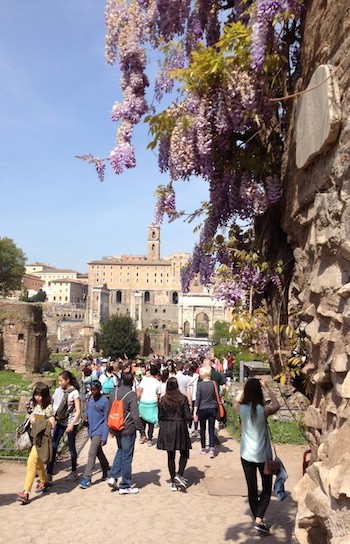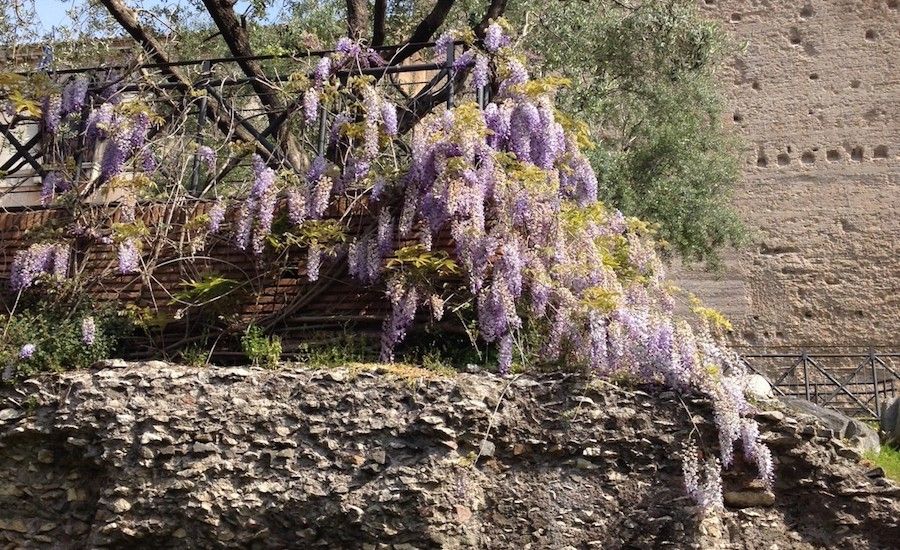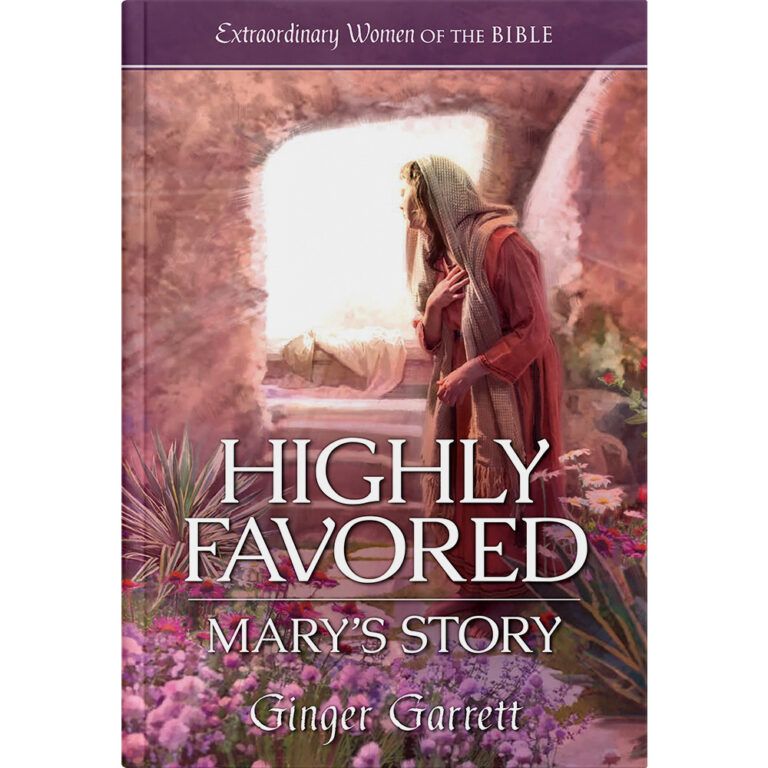I was thinking of Paul at the Roman Forum. I’d just been reading his letters to the Romans, one of the richest, thrilling, affirming and demanding–I’ll admit–books in the Bible, and as always, I felt close to Paul.
You don’t have to go to Rome or Ephesus or Corinth to get close to Paul. He’s right there in Scripture, urging us on, as he did the Romans (and Ephesians and Corinthians, et al), but when Carol and I were in Rome last week, I asked myself, “Did Paul see any of this?”

“All things are from him and through him and for him,” was what Paul wrote to the Romans of God’s abiding love (11:36), and it was impossible not to think that this scene was imbued with Paul’s spirit.
Our guide at the Forum was an archeologist, full of interesting facts. Did you know, for instance, that at the Coliseum they had a huge canvas cover that they used in the summer to protect the sports fanatics from the sun? Made me think of some modern American sports arena.
Or have you seen the image of the menorah on the Emperor Trajan’s arch, a memorial to the violent destruction of the Temple and the sacking of Jerusalem that occurred under Trajan’s leadership? Just as Jesus predicted, the temple was destroyed in 70 A.D.
I had to consider how our Christian faith was birthed in a violent time. The Coliseum has long been revered as the place where some of the earliest Christian martyrs were killed, and our guide told us how some of them were burned alive on crosses at the Circus Maximus not far away.
Rome, after all, is where Paul is often thought to have found his violent end. But all that was hard to contemplate with the wisteria blooming.
Then our guide gestured to a distant ruin, still standing after 2,000 years. “That was where Paul was imprisoned for a time,” he said. “He probably wrote some of his letters from there.”
A dark prison, a place where he wrote positive, light-suffused, love-filled words. Death and new life, wisteria vines hanging down from ruined temples, poppies pushing up between felled stones.
“I’m convinced that nothing can separate us from God’s love in Christ Jesus our Lord,” Paul wrote. “Not death or life, not angels or rulers, not present things or future things, not powers or height or depth, or any other thing that is created.” (Romans 8:38-39)
Like I say, you don’t have to travel to Rome for that, whether you take a jet like I did or get shipwrecked on the way like Paul did. The promise of faith and the promise of spring are hard by–in a letter written almost 2,000 years ago and in a wisteria-scented breeze.






